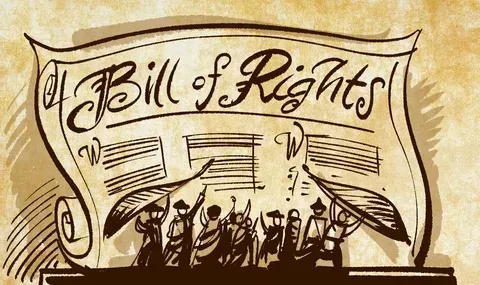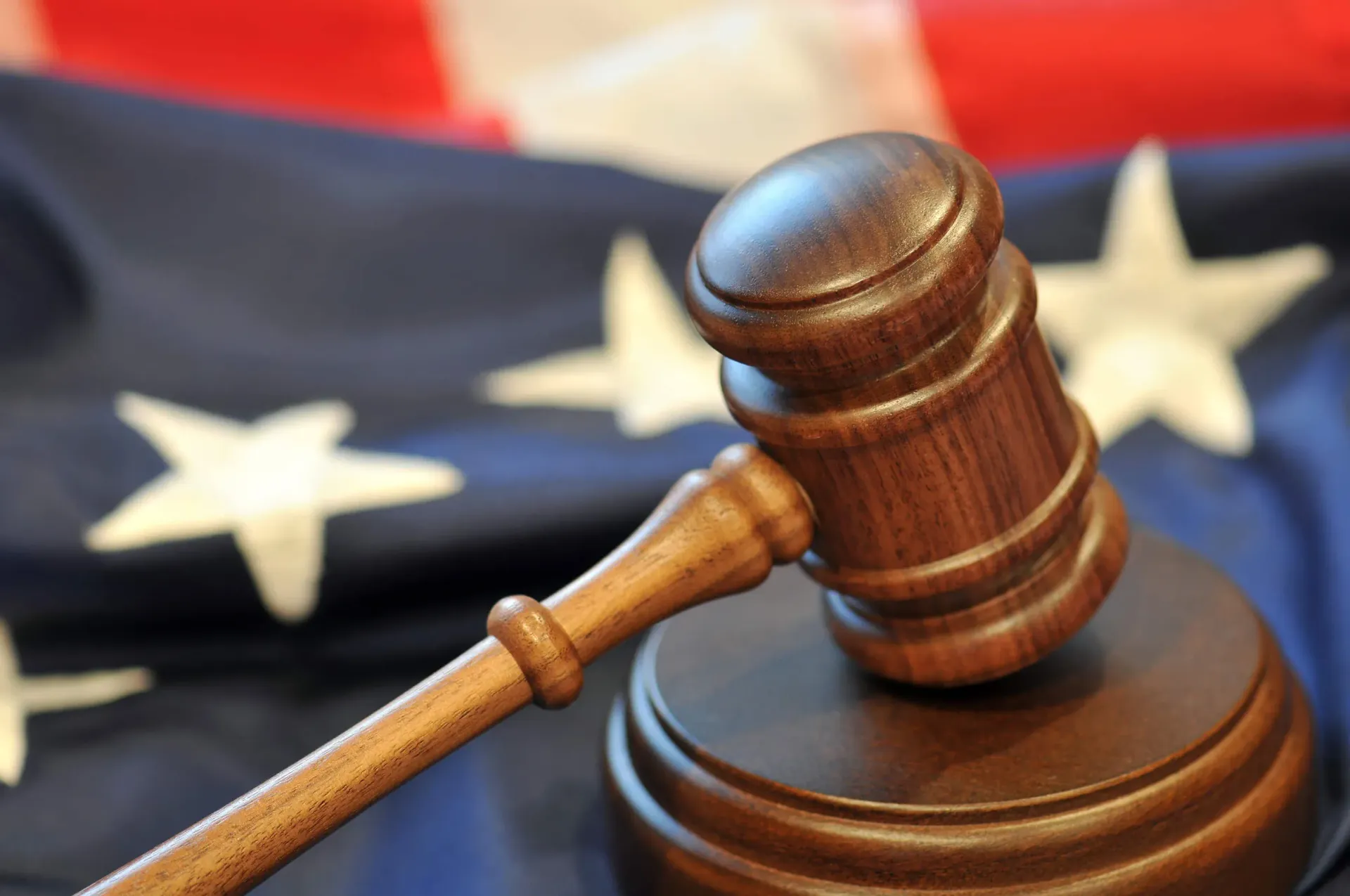Free Consultation for Personal Injury and Civil Rights Matters
$65,000,000 in Punitive Damage for Trump’s Defamation case! Why so much?
By Jeanilou G.T. Maschhoff, Esquire • 06 March, 2024
President Trump recently made the news regarding the large jury award against him in a civil lawsuit in the state of New York. Whether you are pro or anti President Trump, everyone was taken aback by the $83.3 million verdict, especially considering $65 million of that was attributed to punitive damages.
Now before we discuss how the jury got to these numbers, we have to lay out the civil procedure and findings in the E. Jean Carroll v. Donald J. Trump cases. So, whether or not you and I agree with these findings, it does not matter. What matters is the findings of the jury and the jury instructions in this case. Understanding those items, will help us understand the verdict. We can debate whether the Court and the jury got things right or wrong later when these cases are appealed.President Trump recently made the news regarding the large jury award against him in a civil lawsuit in the state of New York. Whether you are pro or anti President Trump, everyone was taken aback by the $83.3 million verdict, especially considering $65 million of that was attributed to punitive damages.
Here are the facts in these cases that we need to know before discussing the punitive damages:
- E. Jean Carroll v. Donald J. Trump is the name of two related civil lawsuits. Both are related to Jean Carroll’s accusation that President Trump sexually assaulted her in late 1995 or early 1996.
- Judge Lewis Kaplan presided over both cases.
- Ms. Carroll filed the first lawsuit in 2019. (EJC vs DJT 1) She sued President Trump for defamation because of the manner in which he denied Ms. Carroll’s allegations.
- Ms. Carroll filed the second lawsuit in 2022. (EJC vs DJT 2) She renewed her defamation claim and added a claim of battery under the Adult Survivors Act in New York.
- EJC vs DJT 2 went to trial in May 2023. The verdict in that case found:
- President Trump was liable for sexual abuse and defamation against Ms. Carroll
- $5 Million judgment for damages to be paid by President Trump to Ms. Carroll
- EJC vs. DJT 1 went to trial in September 2023. Judge Kaplan issued a partial summary judgment for Ms. Carrol and found Trump was liable for defaming Ms. Carrol based upon the verdict in EJC vs DJT 2 that President Trump liable.
- In January 2024, the jury deliberated and awarded Ms. Carrol the following awards:
- $7.3 in emotional damages,
- $11 million in reputation-related damages, and
- $65 million in punitive damages.
To be fair, I like you, have so many more questions about these cases after hearing the facts. But let’s stay focused and not let our political opinions or the media circus that is a President Trump trial, keep us from answering the question: How the heck did this jury decide on $65 million dollars in punitive damages?!? To figure this out we need to understand what are punitive damages.
In a nutshell, punitive damages are a special type of compensation awarded in a personal injury case that is in addition to actual damages. In this case, the actual damages would be the emotional damages and reputation-related damages of Ms. Carrol. Punitive damages are levied to punish the guilty party for harmful and malicious actions and to serve as a warning to potential future actors to avoid similar action. Let’s look at a famous old case that all lawyers read about in law school to see punitive damages in action.
Grimshaw v. Ford Motor Company was a personal injury tort case back in 1978. The lawsuit involved the safety of the design of the Ford Pinto automobile. To loosely summarize this case, Ford designed the Pinto with a gas tank in the rear of the car. Ford had reason to know that when the car sustained rear-end impact there was a chance the gas tank could ignite resulting in fire and death, which occurred with the Plaintiff’s family member. The Plaintiff established that Ford knew of this risk but decided to sell the car anyways because recalling and fixing this safety risk would be too costly. To punish Ford for this type of business practice, the jury awarded the Plaintiff $125 million in punitive damages in addition to their actual damages stemming from the death of the family member.
But you may be asking, how do you establish that a guilty defendant is deserving of punitive damages? In the case of EJC vs. DJT 1, the state of New York issued New York Pattern Jury Instruction § 2:278 on punitive damages which defines when a defendant’s conduct is subject to punitive damages. It states:
[a]n act is malicious when it is done deliberately with knowledge of the plaintiff's rights, and with the intent to interfere with those rights. An act is wanton and reckless when it demonstrates conscious indifference and utter disregard of its effect upon the health, safety and rights of others.
Therefore, in order to award punitive damages in the EJC vs. DJT 1 case, the jury would have to find that President’s Trump’s defamation of Ms. Carrol was a malicious act or a wanton and reckless act with the intent or conscious indifference to harm the defendant. And that is exactly what the jury found.
So it is clear that the jury found that President Trump should pay punitive damages, but again why so much?!? Well let’s look back what is the purpose of punitive damages. It is to punish the defendant and serve as a warning to potential future actors of the same conduct. In the case of Grimshaw v. Ford Motor Company, at that time Ford was one of the most well-known and powerful companies in the United States. So, the question becomes, how severe of a penalty must Ford pay to learn their lesson and prevent similar actions in the future? Now what if Ford had been a very small car company that was struggling to stay in business? We would still have the same question, how severe of a penalty must Ford pay to learn their lesson and prevent similar actions in the future? In each scenario you probably would have come to a different answer.
In the case of EJC vs DJT 1, the jury faced the same question when determining the punitive damages award amount against President Trump. How severe of a penalty must President Trump pay to feel enough of a punishment so that he refrains from defaming people in the future? Whether you think it is fair or not, since President Trump is a billionaire, it is reasonable to determine that he would have to pay a drastically larger sum in punitive damages than most for it so serve as an actual deterrence. The jury opted for the sum of $65 million to be that magic number. It is safe to assume that most would consider that amount would deter even a billionaire from running the risk of committing defamation with malicious or wanton and reckless disregard in the future.
More News & Resources










